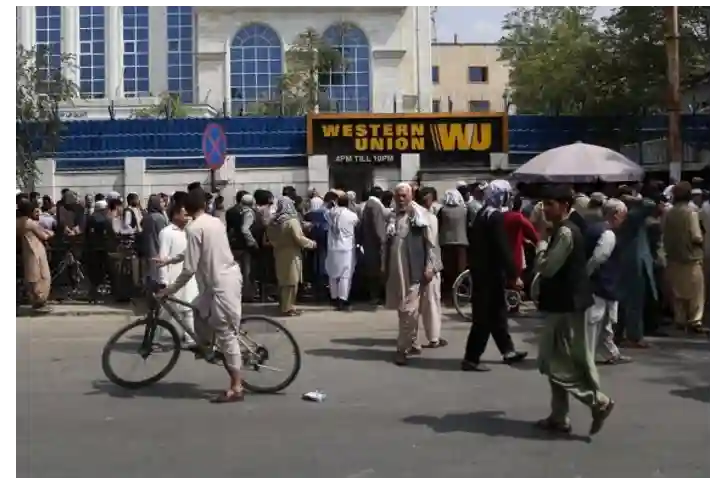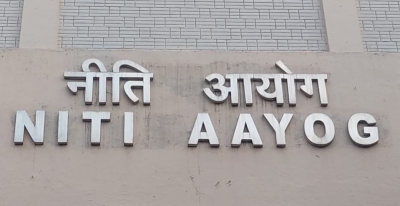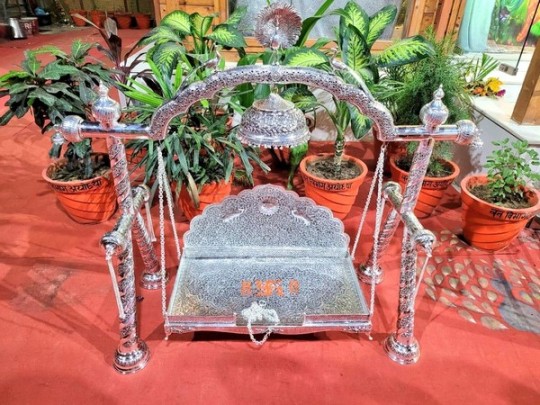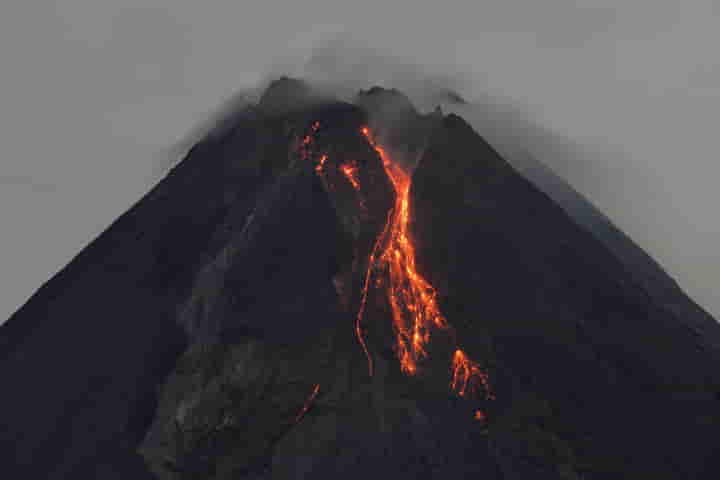In offering a power-sharing deal with the Taliban, the Afghan government maybe making a desperate bid to buy time in order to mount a rear-guard action against the Pakistan-backed insurgent group on another day.
According to an AFP report, the Afghan government negotiators during a meeting in Doha have offered the Taliban a power-sharing deal in return for an end to fighting in the country.
"Yes, the government has submitted a proposal to Qatar as mediator. The proposal allows the Taliban to share power in return for a halt in violence in the country," AFP quoted a source as saying.
In making the offer, the Afghan government is likely to buy time to mount a riposte from the north, with the city of Mazar-e-Sharif as the hub. On Wednesday, Ghani and veteran warlord Rashid Dostum had flown to Mazar-e-Sharif to bolster the defences of the historic city, not far from the borders of Afghanistan. In Mazhar, Dostum was joined by Atta Mohammed Noor, another warlord, known for his considerable military heft.
Also read: Ghani and Dostum lead from the front to save Mazar-e-Sharif, the soul of Afghanistan
But for the strategy to succeed, the defenders of Mazhar will need support from the Uzbeks and the Russians to keep open the supply lines across the Amu Darya, the border between Afghanistan and Uzbekistan. The Hairatan bridge over the Amu Darya, formerly known as the Oxus River connects Afghanistan with the rest of Central Asia, Russia’s backyard. Russia, Uzbekistan and Tajikistan have just concluded a military exercise close to the Afghan border. But whether the three, especially Moscow, be encouraged to support Afghan government is a big if. Russia has been unhappy with the Ghani government’s embrace of the Americans. But Dostum, well-known to the Russians, could be a bridge between the two.
Second, Iran's support would be crucial to keep the anti-Taliban resistance going. For that to happen the historic city of Herat on the border with Iran must not fall. As of now Afghan forces and those loyal to Ismail Khan, a veteran warlord have kept the Taliban at bay. But pressure is mounting as there are unconfirmed reports that the city of Zaranj on the route from the Iranian port of Chabahar and Herat has fallen to the Taliban. It remains to be seen whether Iran unleashes its Hizbollah trained Liwa Fatemiyoun Shia militia, drawn from the 3 million Afghan refugees, to take on the Taliban to prevent the choking of supply lines from the west.
Also Read: India’s friend “Lion of Herat” Ismail Khan vows to crush Taliban in Afghanistan
In a bid to prevent the capitulation of the Afghan army President Ghani has made a strategic change in the military leadership. Ghani has appointed 35-year-old Gen. Hibatullah Alizai as chief of the armed forces. Simultaneously Gen. Sami Sadat, also in his mid-thirties, will now apexed the army's Special Forces. According to Afghan sources, these two young generals of the Afghan army have been creating havoc in the ranks of the Taliban.
Aware of Ghani’s game, it is unlikely that the Taliban and its Pakistani masters will right now accept a power-sharing deal when its insurgents are on a roll. In fact, the AFP is reporting that the Taliban on Thursday have seized the strategic Afghan city of Ghazni, only 150 kilometres from Kabul.
The Afghan interior ministry has apparently confirmed the fall of the city, which lies along the major Kabul-Kandahar highway and connects the capital with the south.
Yet, by spurning the power-sharing offer, there is a hint of danger that instead of being in power in Kabul, the Taliban could face an uprising and a prolonged civil war mounted by the Uzbeks, ethnic Tajiks and the Hazara community all residing north of the Salang pass the historic dividing line between the Pushtun dominated areas to the south and the country’s minorities, which had come together in 2001 as part of what was then called the Northern Alliance.



















